I’m currently having some problems trying to implement an integration with a Verifone PoS.
The bank we are working with provided us with one .dll file, one .h file and one .hpp file.
I’m usually a Java or PHP developer, so for the last days I consumed everything I found on the web about DLL files and how to use them, but none seemed to work so far. I got a lot of errors, many of them being something like “invalid dll”.
I found on the web that alongside a dll file there should have been a .lib file. I asked the third party about this, but apparently
There is no .lib file. The .dll file contains all the required info for an integration
From their documentation of library I found this:
The form of the supplied binary is a dynamic library. By its nature, a dynamic library allows for easier updates and corrections, not requiring recompilation or relinking of the client (calling) code, as long as the procedures prototypes (function parameters and return types) remain the same.
The language used for the library implementation is C++.
To access the functionalities implemented in the library binary, a C-style header interface is provided. This is comprised of the function prototypes available to be called as well as the types of the result-structures through which the returned data needs to be interpreted to make sense for the previously accessed functionality (the specific requested transaction).
So yeah, the .h file includes only the data types, and the .hpp file contains some declarations that looks like this:
extern "C" __declspec(dllexport) bool doSomething(int param);
Also in their documentation there is an example of how an implemetation should look (and it is fairly simple):
bool someVar = doSomething(1);
It looks like those functions can be called as simple as that, but they cannot. If I try to do that I get an “undefined function” (or similar) error.
At this point the only thing that seemed to have somehow worked (maybe) is loading the DLL with the LoadLibrary function. But besides the fact that whatever function I try to call, with whatever parameters, it returns false, it seems kind of wrong that I do not use the .hpp file at all.
So here we are. How I should aproach this? Is there a way to load the DLL and use the provided HPP file as function definitions? If not, is there another way beside LoadLibrary + GetProcAddress combo to do this?
Thank you!

